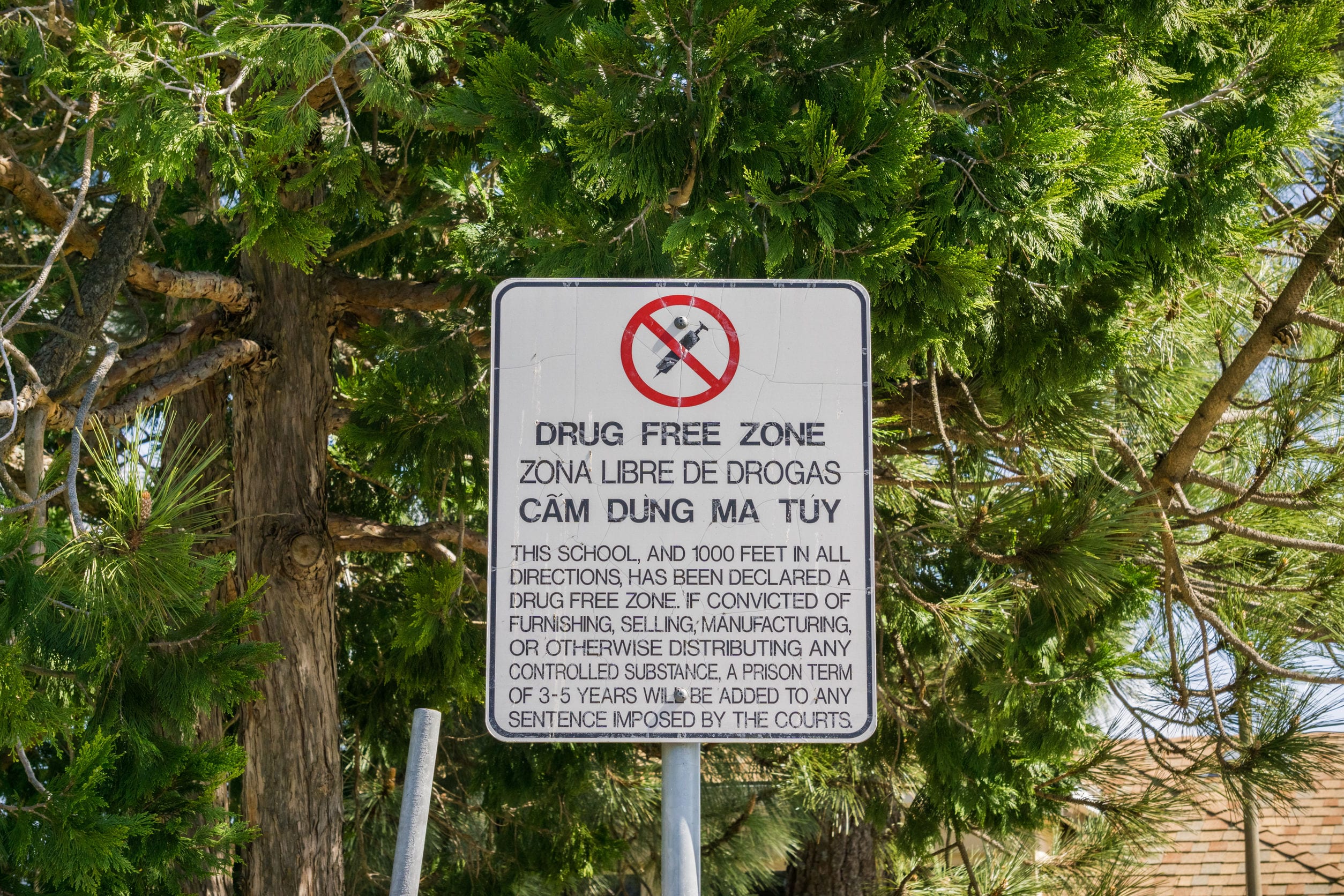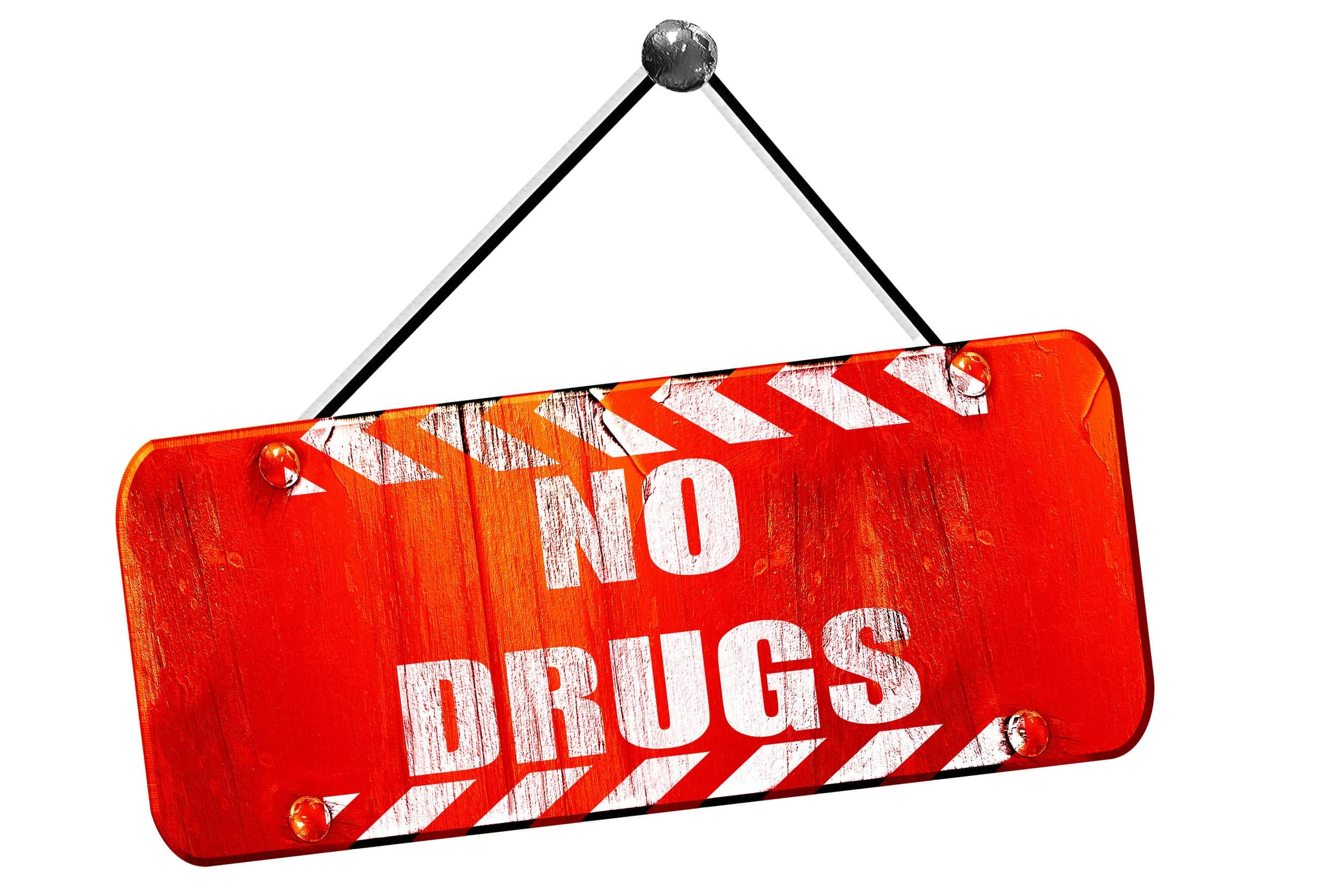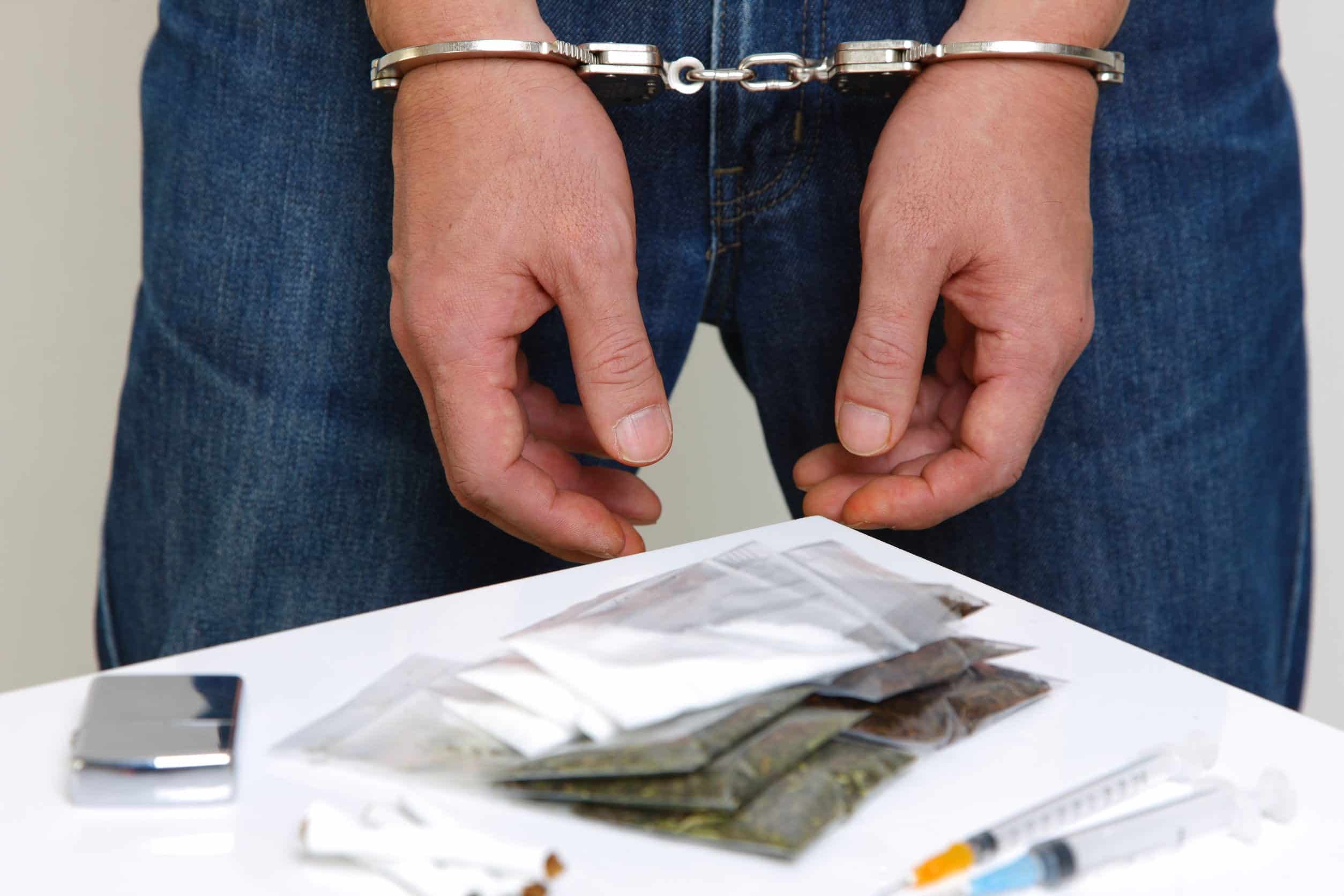- Home
- THE FIRM+
- Criminal Defense+
- CASE RESULTS
- AREAS WE SERVE+
- FAQ’s
- Blog
- Contact
AZHARI LLC BLOG

Posted By: Sami Azhari
Category:
Drug-free zone laws enhance criminal penalties for drug crimes committed near places frequented by children like public schools and parks. The idea is to keep drugs and the violence, theft, and prostitution crime often associated away from children.
Although the principle behind drug-free zones is a good one, its practice — and efficacy — are often questionable. In many urban areas in the U.S., for instance, 75 percent or more of areas within a city’s limits are considered to be “drug-free zones.”
This can lead to unreasonable legal action and unfair enhancements to drug-related charges even when there is no intent to involve children and none are present during the commission of drug-related crimes.
So, what do drug-free zone laws mean for this city, and how might they affect your Chicago drug crime charges?
How Drug-Free Zone Laws Work Across the Country
During the 1980’s “War on Drugs,” every state in the nation originally implemented laws imposing harsher penalties on drug crimes committed near schools and parks.
It was an answer to drug dealers selling drugs to children and teens in the midst of the crack-cocaine epidemic. The laws were designed to protect kids from other crimes related to drug activity such as violent crimes, theft, and prostitution, as well.
These zones have since expanded in Illinois to cover public housing, drug treatment facilities, nursing homes, rest areas, churches, truck stops, and correctional facilities. Statutes further outlined a significant radius around each location.
Ultimately, you’d be hard-pressed to identify a location that isn’t a drug-free zone today, especially in densely populated urban areas. Low-income areas (ones predisposed to drug crime anyway) are also more likely to be drug-free zones.
Because of this, Illinois defendants face enhanced penalties for offenses regardless of whether the crime actually involved the sale or distribution of drugs to children in these areas or not.
In fact, this is explicitly stated — drug-free zone laws are in effect regardless of whether schools are in session or other protected areas are occupied.
Illinois Drug-Free Zone Laws
Illinois is already tough on drug crimes, imposing harsh penalties for even minor offenses. However, offenses in a drug-free zone carry the following sentencing enhancements:
CHARGE: Sale or delivery of drugs to a minor in a drug-free zone
ENHANCEMENT: Normal maximum prison sentence and fines are doubled.
CHARGE: Second (or more) offense selling drugs near a truck stop or rest area
ENHANCEMENT: Normal maximum prison sentence and fines are doubled.
CHARGE: Sale or delivery of drugs in other protected areas
ENHANCEMENT: Charges and penalties both are upgraded to the next level of offense (i.e., a Class 2 Felony becomes a Class 1 Felony charge)
Specific sentences and fines are dependent on the crime. Your attorney can review your case and provide insight into what enhancements you may face.
The Controversy Behind Drug-Free Zones
Although deterring drug activity in areas where children or other vulnerable populations are likely to be present is a noble cause, the reality is a large proportion of any urban area, including Chicago, is considered to be a drug-free zone.
Nowhere Else To Go
Drug-free zone laws don’t deter defendants from committing drug crimes in protected areas. Rather, defendants are left with nowhere else to go. They simply continue business as usual, selling drugs at now-protected locations.
This means that drug-free zone laws aren’t effectively accomplishing their intended purpose, and defendants are hit with unfair sentencing.
Disparity By Design
Drug-free zones are also more common in low-income urban areas, and disproportionately affect communities of color.
For years, we’ve had access to the data which demonstrates how this contributes to the ever-present racial and socioeconomic disparities of the criminal justice system.
Mass Incarceration
Although legislation is slowly surfacing across the country to correct this issue to some extent, the War on Drugs campaign vastly expanded the U.S. prison population.
In fact, a higher proportion of the population is incarcerated here than in any other developed nation. It’s simply overrun the prison system with nonviolent drug offenders.
Moreover, the practice of imprisoning non-violent drug offenders is notoriously ineffective at deterring the future commission of drug crimes. Quite the opposite, some suggest incarceration increases the likelihood of future involvement in drug activity.
Reform in Sight?
Due to emerging research, drug-free zone laws are increasingly criticized, and many states are considering legislation to walk back or abolish drug-free zone laws. However, as of this writing, Illinois has not proposed any such legislation.
This means that in Illinois, we can expect enhanced drug-free zone sentencing for the foreseeable future. It is therefore very important to understand Illinois drug laws and to know what areas are considered drug-free zones.
Facing Enhanced Drug Crime Charges? Get Expert Legal Representation Now
Navigating the complexities of Illinois’ drug-free zone laws can be daunting, especially with the severe penalties involved. If you or a loved one are facing drug charges within these zones, it’s critical to have an experienced defense attorney on your side. Reach out to Sami Azhari today to discuss your case and explore your legal options!
About the Author
Sami Azhari has been working as a lawyer since 2007, after receiving his Juris Doctor from the Michigan State University College of Law. He has handled numerous state and federal cases, and is known throughout the Chicago and Rolling Meadows area for providing his clients with high-quality, skilled representation. He has been recognized by SuperLawyers, the National Trial Lawyers Association, and other notable organizations, and has spoken at a number of legal conferences.



























































